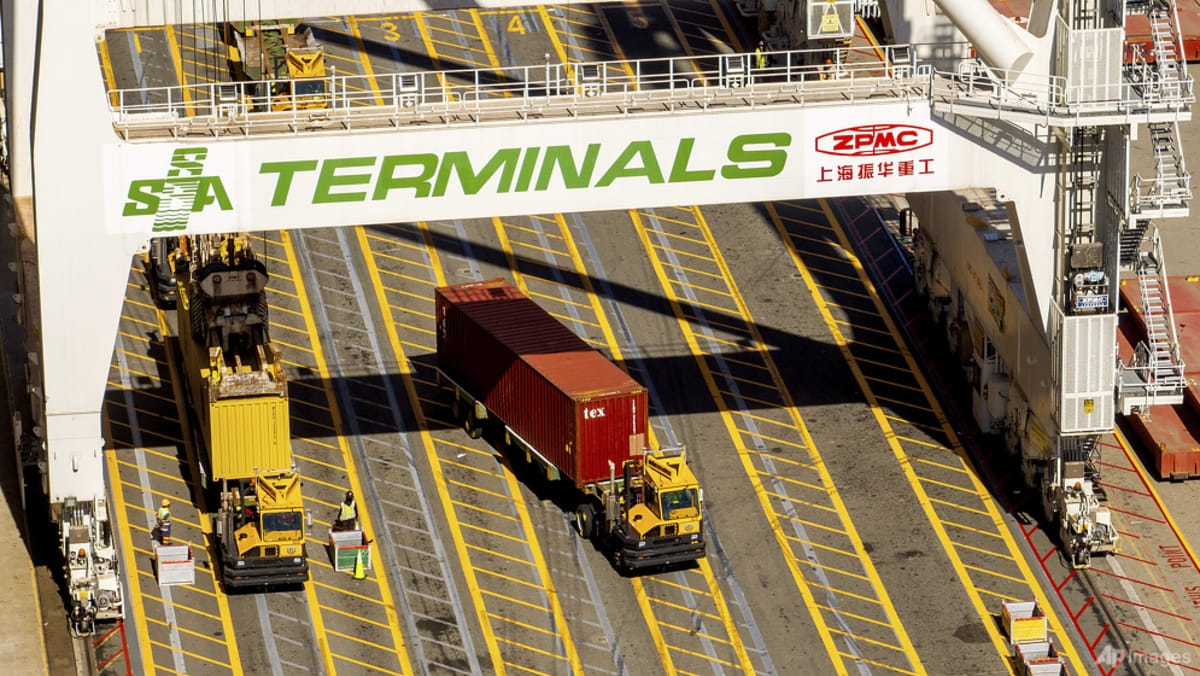Even so, companies and industry groups warn that the new levies will severely hurt smaller American businesses. Economists caution that they could fuel inflation and weigh on growth in the longer haul.
While some experts argue that the effects on prices will be one-off, others believe the jury is still out.
With the dust settling on countries’ tariff levels, at least for now, Georgetown University professor Marc Busch expects US businesses to pass along more of the bill to consumers.
An earlier 90-day pause in these higher “reciprocal” tariffs gave importers time to stock up, he said.
But although the wait-and-see strategy led businesses to absorb more of the tariff burden initially, inventories are depleting and it is unlikely they will do this indefinitely, he told AFP.
“With back-to-school shopping just weeks away, this will matter politically,” said Busch, an international trade policy expert.
DEVIL IN THE DETAILS
The tariff order taking effect on Thursday also leaves lingering questions for partners that have negotiated deals with Trump recently.
Tokyo and Washington, for example, appear at odds over key details of their tariffs pact, such as when lower levies on Japanese cars will take place.
Washington has yet to provide a date for reduced auto tariffs to take effect for Japan, the EU and South Korea. Generally, US auto imports now face a 25-per cent duty under a sector-specific order.
